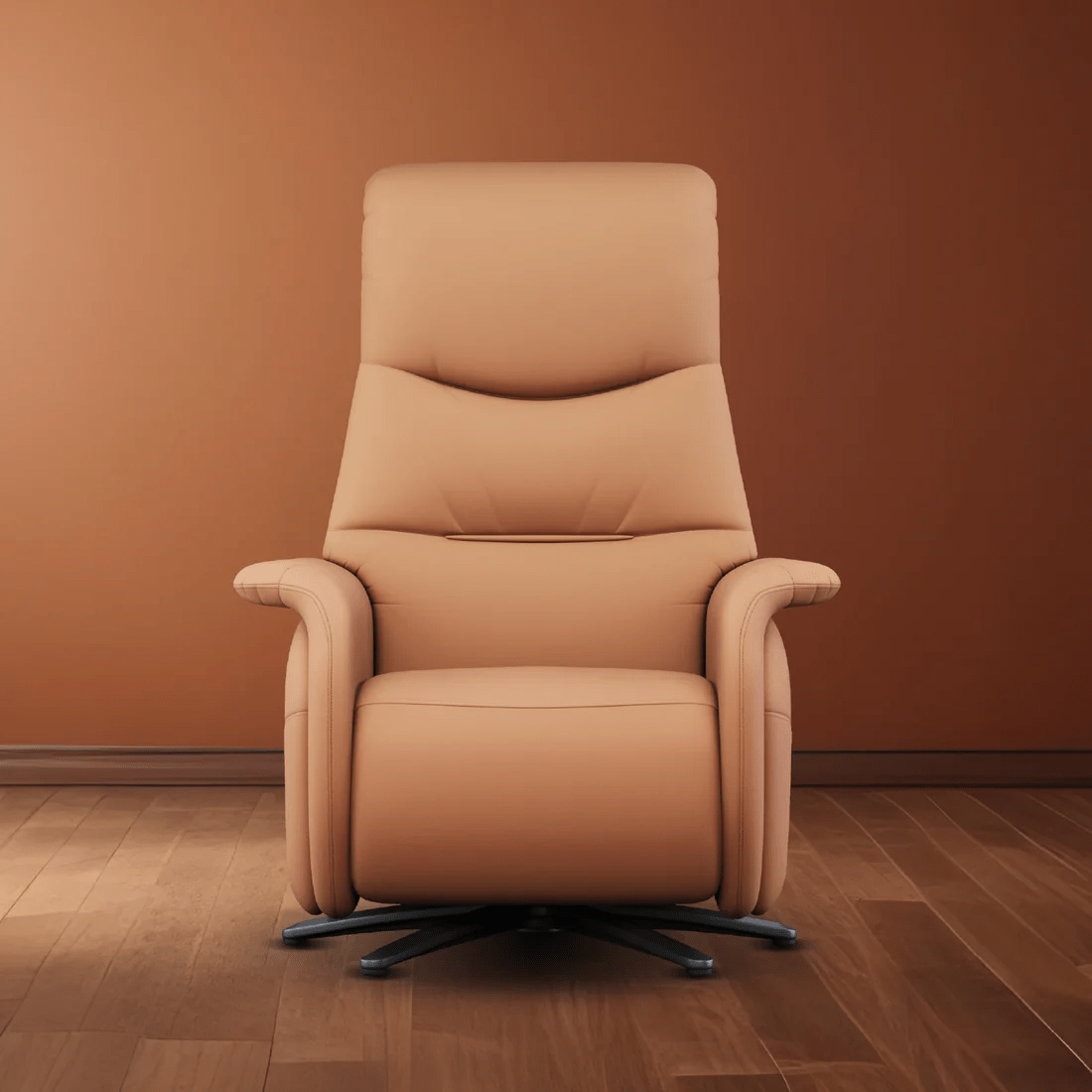Introduction
Recliner sofas have become a staple in many homes, offering a blend of comfort and functionality. However, there’s ongoing debate about their impact on back health. Some experts argue that recliners can exacerbate back issues, while others highlight their potential benefits. This article delves into the pros and cons of recliner sofas concerning back health, helping you make an informed decision.
✅ Benefits of Recliner Sofas for Back Health
1. Enhanced Lumbar Support
Modern recliners often come equipped with built-in lumbar support, designed to maintain the spine’s natural curve. This feature can alleviate pressure on the lower back, reducing discomfort during prolonged sitting. Repose Furniture
2. Adjustable Positions for Customized Comfort
The ability to adjust the recline angle allows users to find a position that best supports their back. This customization can help distribute body weight evenly, minimizing strain on specific areas. Picket&Rail Custom Sofas & Furniture
3. Pressure Relief and Improved Circulation
Elevating the legs while reclining can promote better blood circulation and reduce pressure on the spine. This position can be particularly beneficial for individuals with lower back pain or circulatory issues. La-Z-Boy Thailand+3La-Z-Boy Thailand+3FCI London+3
4. Stress Reduction and Muscle Relaxation
Recliners can aid in reducing muscle tension by allowing the body to relax fully. This relaxation can lead to decreased stress levels and a reduction in back pain symptoms.
⚠️ Potential Drawbacks of Recliner Sofas
1. Risk of Poor Posture
Improper use of recliners can lead to slouched sitting positions, which may strain the back muscles and spine over time.
2. Overreliance and Reduced Physical Activity
Spending excessive time in a reclined position may decrease overall physical activity, potentially weakening back muscles and leading to increased discomfort.
3. Not One-Size-Fits-All
Recliners vary in design and support features. A recliner lacking adequate lumbar support or adjustability may not provide the necessary back support, potentially exacerbating existing issues. Chapin Furniture
🧠 Expert Opinions
Some health professionals caution against prolonged use of recliners, especially if they encourage poor posture. However, others acknowledge that when used correctly, recliners can offer therapeutic benefits, particularly for individuals with specific back conditions. Chapin Furniture
📝 Tips for Choosing a Back-Friendly Recliner
-
Lumbar Support: Ensure the recliner offers adequate support for the lower back.
-
Adjustability: Opt for recliners with multiple reclining positions to find the most comfortable angle.Picket&Rail Custom Sofas & Furniture
-
Quality Cushioning: High-density foam or memory foam can provide better support and comfort.Chapin Furniture
-
Size and Fit: Choose a recliner that suits your body size to ensure proper support.
-
Test Before Buying: If possible, try out the recliner to assess its comfort and support.
🧘♂️ Best Practices for Using Recliners
-
Limit Prolonged Use: Avoid sitting in a recliner for extended periods without breaks.FCI London+2The Muscle Repair Shop+2Picket&Rail Custom Sofas & Furniture+2
-
Maintain Good Posture: Keep your back aligned and avoid slouching.
-
Incorporate Movement: Engage in regular physical activity to strengthen back muscles.
-
Use Additional Support: Consider using pillows or cushions for added lumbar support if needed.
🏁 Conclusion
Recliner sofa can be both beneficial and detrimental to back health, depending on their design and how they are used. By selecting a recliner with proper support features and using it mindfully, you can enjoy its comfort without compromising your back health. Always consult with a healthcare professional if you have existing back issues to determine the best seating options for your needs.

